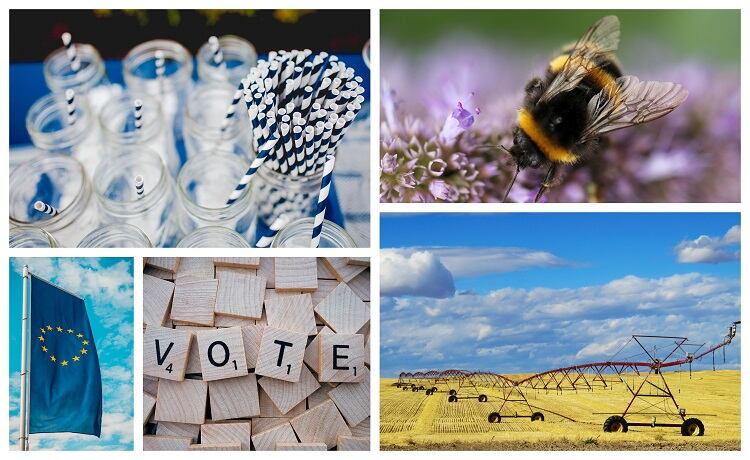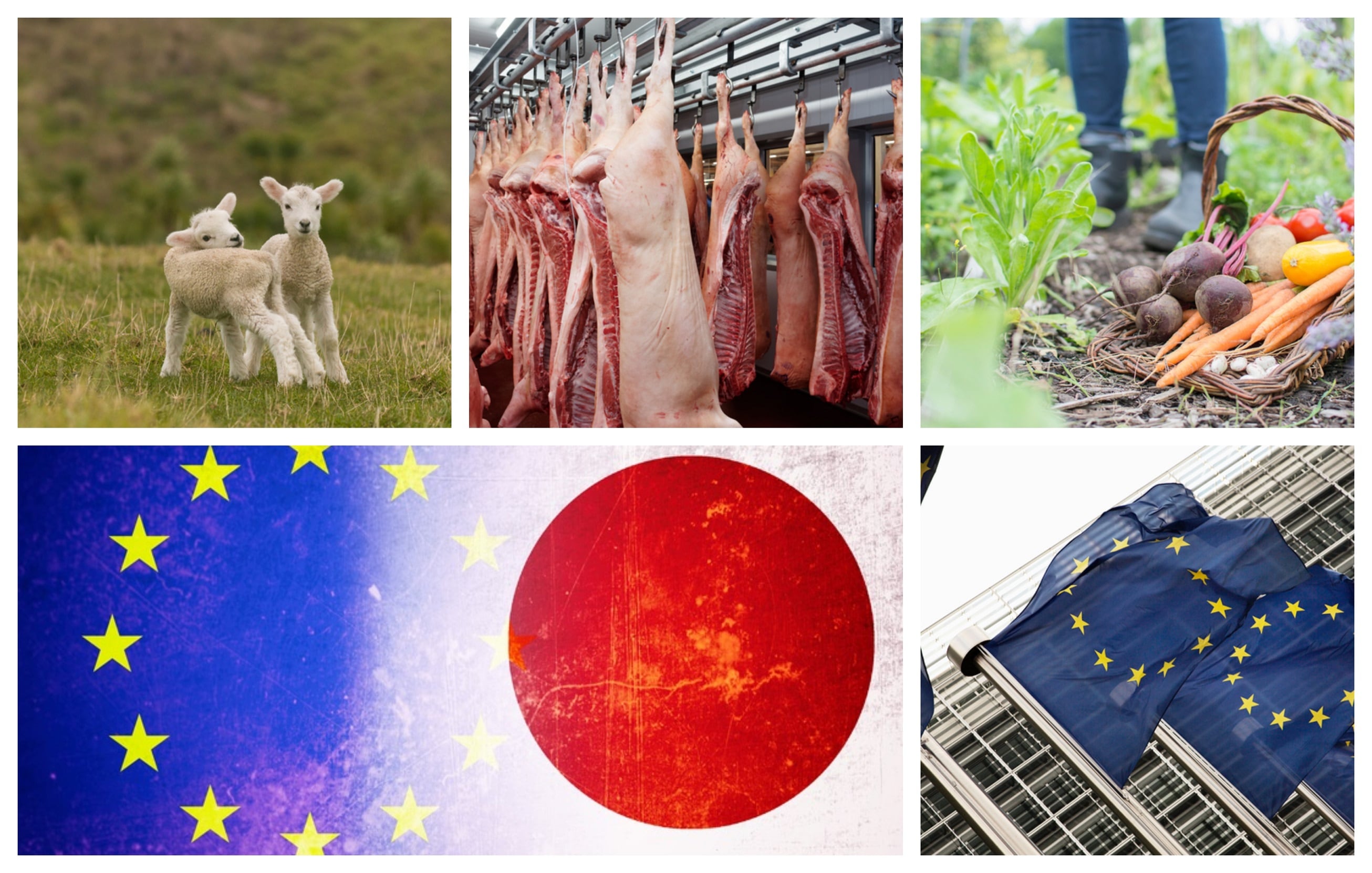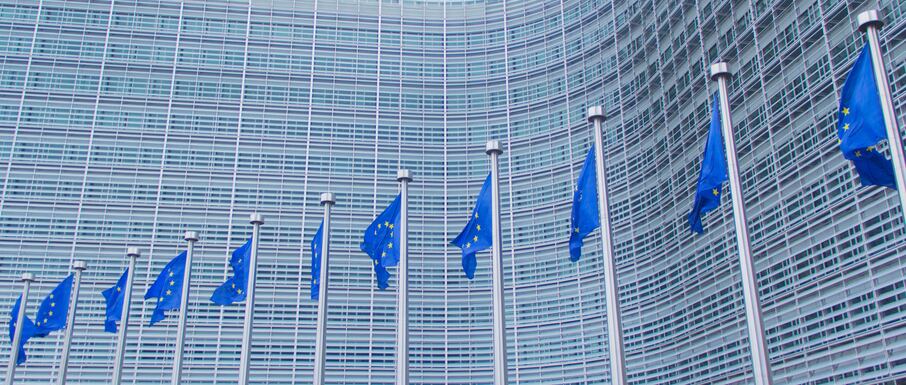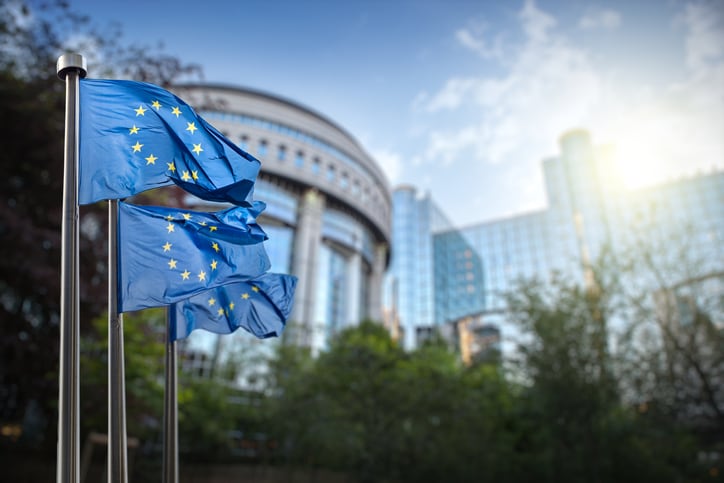European Commission to relax stance on ‘bee-killing’ pesticides?
According to a leaked document, the European Commission is considering ditching bee-safety standards that led to a ban of three neonicotinoid pesticides.
Neonicotinoids are the most widely used class of insecticides in the world, but research has linked their use to declining pollinator populations. Indeed, the European Food Safety Authority (EFSA) has suggested that “most uses” of the pesticides represent a risk to wild bees and honeybees.
In April last year, Member States voted for an almost total ban of neonicotinoid pesticide use in Europe.
However, a recently leaked document indicates the Commission may assess acute toxicity – i.e effects resulting from a single contact – to honeybees only, and ignore chronic toxicity that could develop from continuous or repeated exposure to the pesticides.
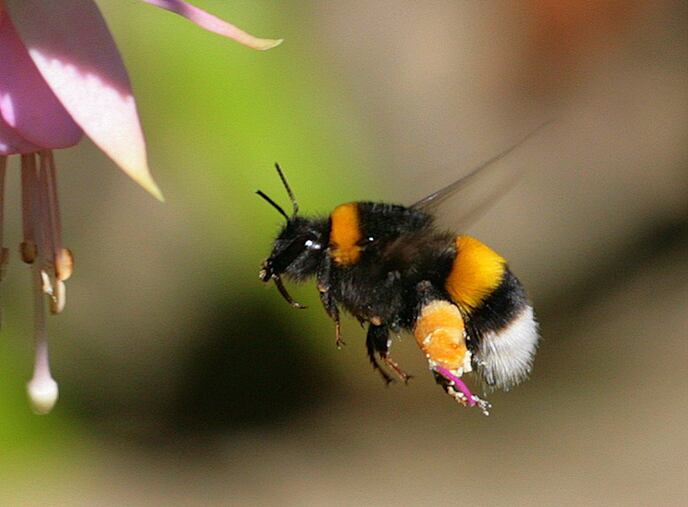
Greenpeace has spoken out against the plan: “After throwing their weight behind a ban on three neonicotinoids last year, ministers now want to make it impossible to ban pesticides that are just as dangerous to bees,” said Greenpeace EU food policy director Franziska Achterberg said in a statement.
“If these governments get their way, farmers and gardeners could end up replacing banned chemicals with other harmful pesticides.”
Agricultural Commissioner on gene editing: ‘This political debate is on the way’
The European Court of Justice (ECJ)’s July 2018 ruling on gene editing continues to draw attention. Earlier this week, Commissioner for Agriculture and Rural Development Phil Hogan told journalists he was “surprised” by the ruling.
Last summer, the ECJ judged that crops obtained by mutagenesis are GMOs, as the techniques and methods of mutagenesis alter the genetic material of the plant – in a way that does occur naturally.
At the time, the decision, which was welcomed by environmental activist groups, surprised industry and EU farmers.
“I think 2019 will be an opportunity for overall reflection and see what the legal options are at the highest level of governments about whether we accept science or not as the bases of making decisions on these issues,” said Hogan yesterday (24 January 2019).
“It’s going to be a big issue: it is going to be the application of science or the application of political opinions? This political debate is on the way, the European Parliament has already engaged in this process and let’s [see] where it goes,” he continued.
Single-use plastic cutlery gets the chop
Environment MEPs have supported legislation banning single-use cutlery, such as plates and straws, from 2021.
The ban also covers oxodegradable plastics and food containers, expanded polystyrene cups, and an agreement to provide for a 90% collection target for plastic bottles by 2029. A 25% target for recycled content in plastic bottles by 2025, and 30% by 2030, was also included.
“Citizens expected only one thing from the European Union, that it adopts an ambitious directive against disposable plastics responsible for asphyxiation of the seas and oceans,” according to lead MEP Frédérique Ries. “This legislation will reduce the environment damage bill by €22bn – the estimated cost of plastic pollution in Europe until 2030.”
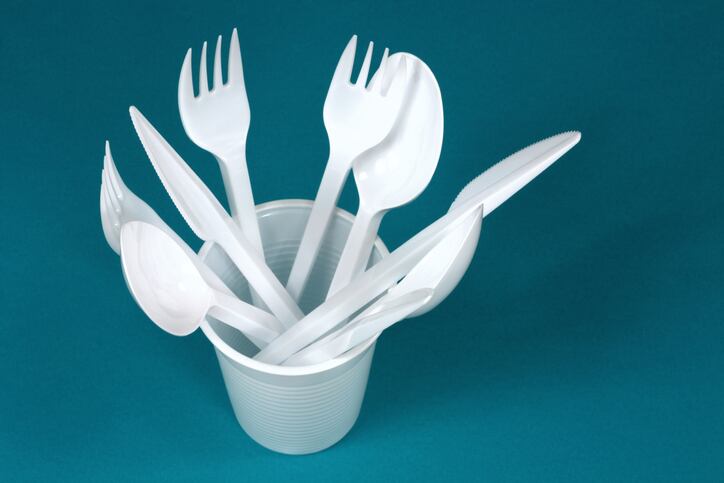
“Europe now has a legislative model to defend and promote at international level, given the global nature of the issue of marine pollution involving plastics. This is essential for the planet and this is what millions of concerned Europeans are asking us to do,” he added. The text will now be put to vote by the full House in March.
The announcement comes as global leaders gather in Davos, Switzerland for the World Economic Forum annual meeting, where combating the plastic pollution issue has attracted significant attention. Earlier this week, waste experts held a panel discussion to discuss how industry, consumers, and policymakers can address this growing environmental issue.
‘Dual quality’ food blacklisted in parliament
On Tuesday (22 January 2019) MEPs voted to fine companies marketing ‘dual quality’ food up to €10m, or 4% of the trader’s annual turnover.
The vote aims to penalise companies marketing food products that are ‘significantly different’ in composition or characteristics, while protecting consumers’ rights. The text will now pass through the full House for approval.
The European Consumer Organisation (BEUC), however, has raised concerns the penalty may not be a “real deterrent” to food manufacturers in certain Member States, as the maximum fine can only be imposed following coordinated action between several national authorities.
EFSA to publish scientific data on open-access platform
The European Food Safety Authority (EFSA) has committed to sharing certain datasets on its open platform, ‘Knowledge Junction’.
Certain datasets collected across food consumption habits, pesticide residues in food, chemical contaminants and additives in food, foodborne disease outbreaks, and antimicrobial resistance areas will be published on the platform, with the first datasets expected to be shared this year.
According to EFSA, the repository is designed to help improve transparency in food and feed safety risk assessments.
“Making this data freely available will mark a significant milestone for the Member States who provide so much of the data we use, and for EFSA itself,” said Mary Gilsenan, head of EFSA’s Evidence Management Unit.
“For the first time, when we publish certain scientific outputs we will simultaneously make available all the data used in the assessment. This will give us a data publication process that is timely, comparable, interoperable and accessible.”
According to EFSA, the move is part of wider EU efforts to promote public access to data and information. “Open data is a key enabler for transparency, accountability and evidence-based decision-making,” said Gilsenan.
Irrigation water under the pump
This week, MEPs backed plans to reuse treated wastewater for agricultural irrigation, in a bid to alleviate stress on freshwater supply.
Reclaimed water refers to urban wastewater treated in a reclamation facility. According to the draft legislation, such water will be used to irrigate food crops, processed food crops, and non-food crops. The proposal will be put to a vote by the full House next month.
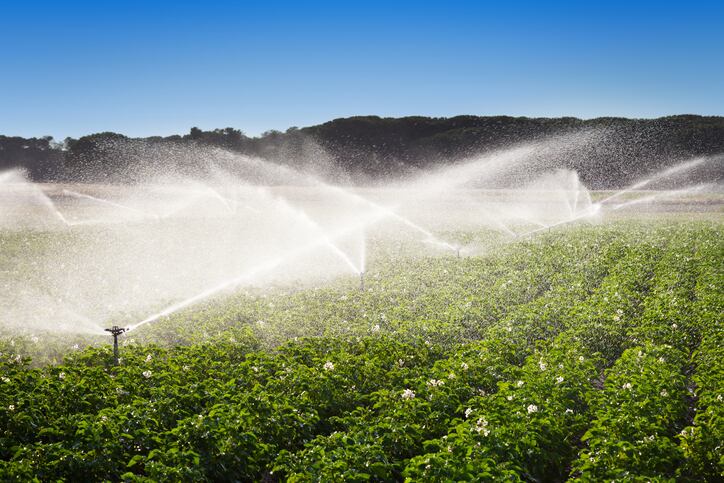
“We must move towards a circular economy, also in the use and re-use of water,” said rapporteur Simona Bonafè.
“We could potentially reuse 6.6 billion m3 of water by 2025, compared to the current 1.1 billion m3 per years. That would require an investment of less than €700b and would enable use to reuse more than half of the current volume of water coming from EU wastewater treatment plants theoretically available for irrigation, avoiding more than 5% of direct extraction from bodies of wastes and groundwater,” she continued.


